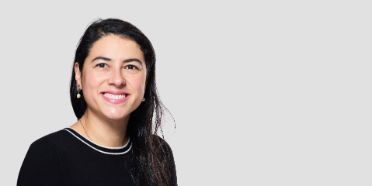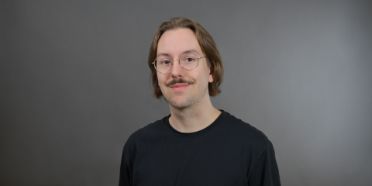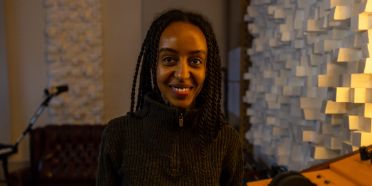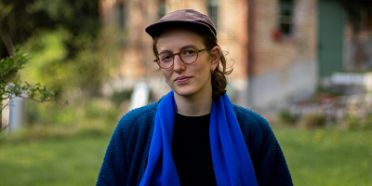Focus Areas
Working on your own projects is the focus of the course. You can choose from five specialisations: Electroacoustic Music, Electronic Composition, Live Electronics, Sound Art, Sound Installation.
What You Will Gain With Your Degree
The focus of the course is on working on your own artistic projects. You will acquire musical-artistic and technical knowledge in electronic music, sound art, music and image, media art as well as recording and sound reinforcement.
You will benefit from the experience of renowned musicians and guest lecturers. The exchange with other music degree programs and art disciplines will broaden your spectrum. You will also gain insights into research areas and music education.
Specialisations
As part of the Bachelor of Arts in Sound Art, you will choose one of five specialisations for your project work.




